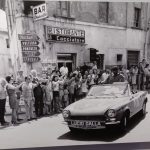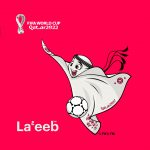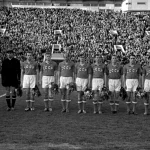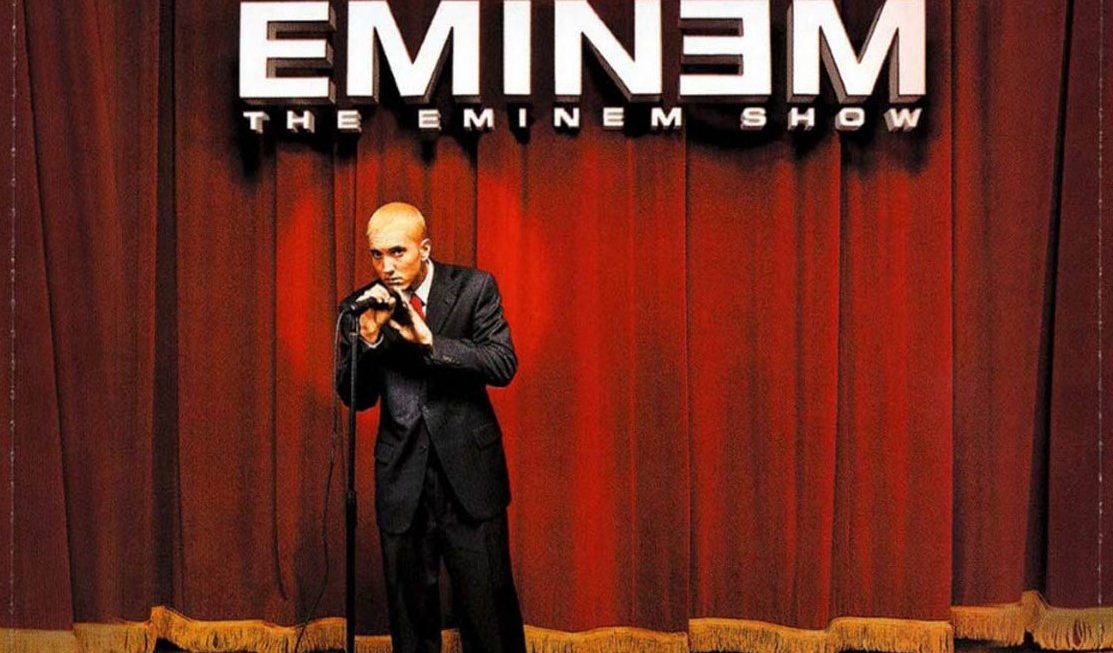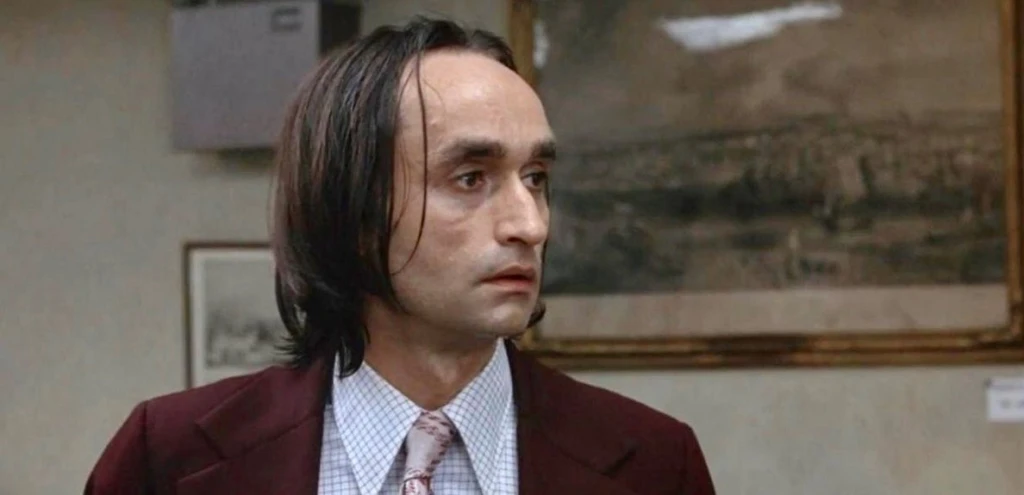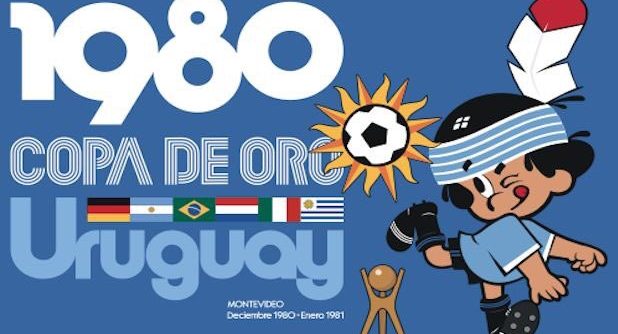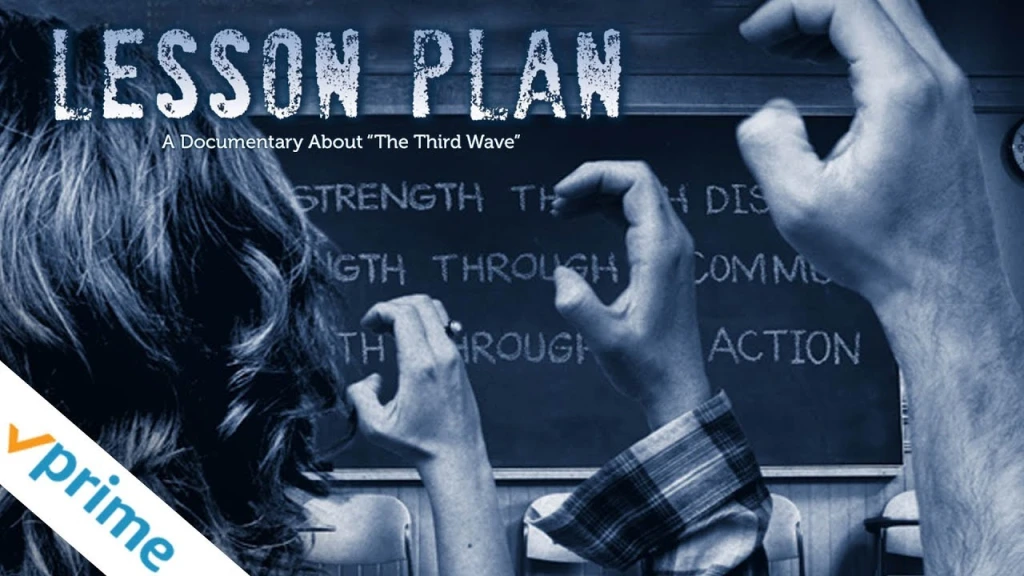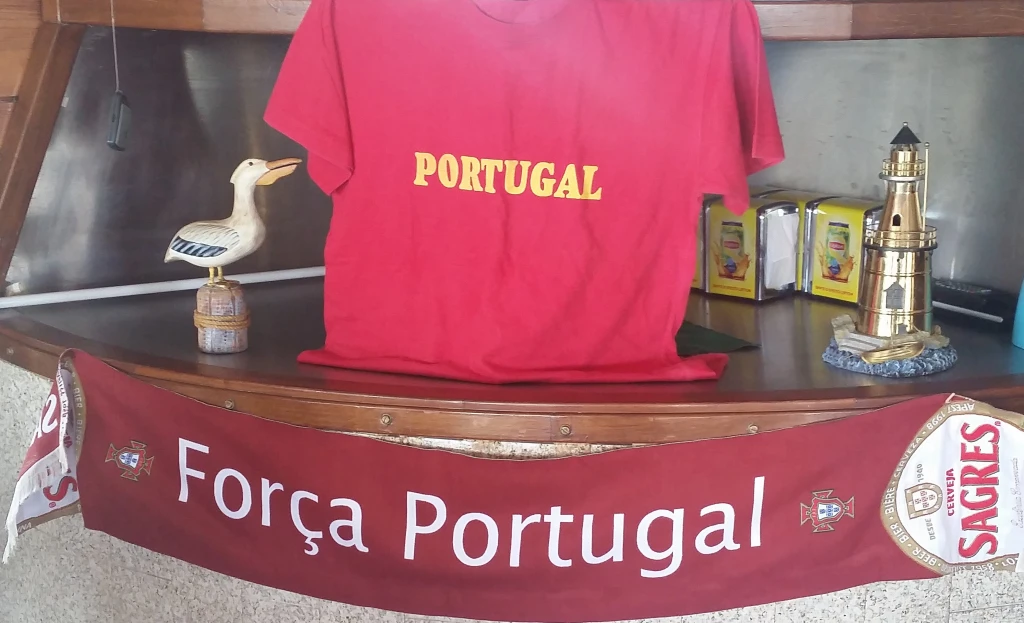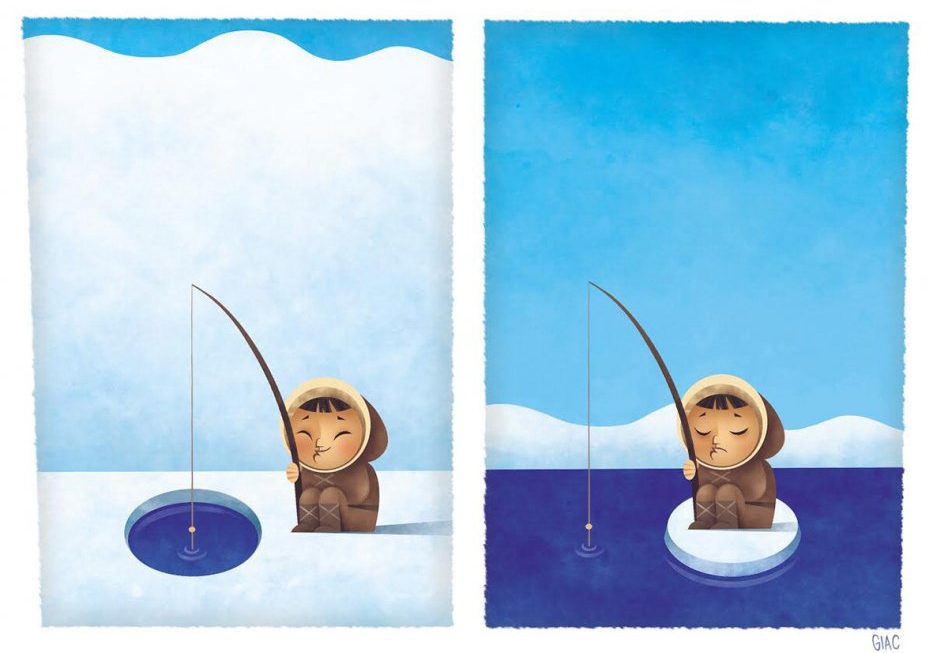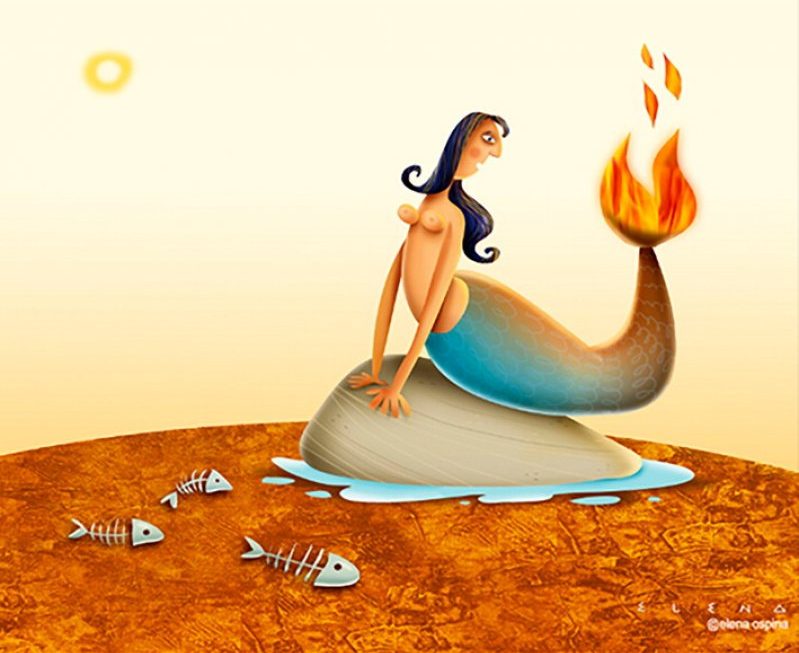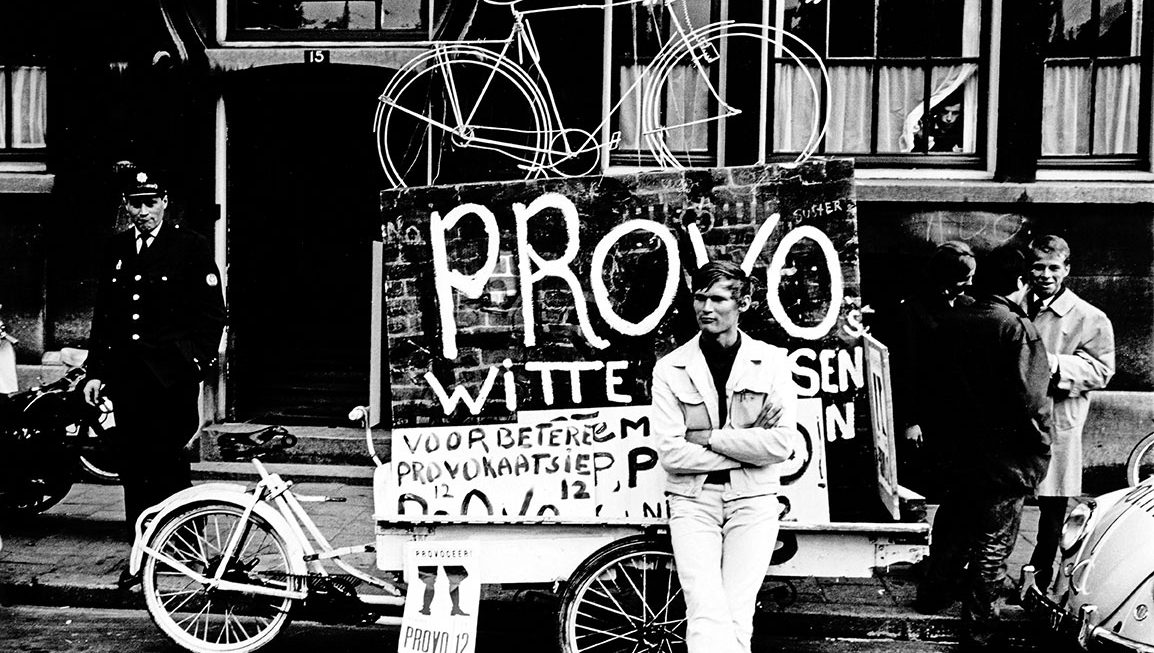Non è stato il primo rapper bianco, forse neanche il migliore di sempre. Ma è stato fondamentale per far cadere molte barriere razziali nel rap. Eminem, all’anagrafe Marshall Mathers, compie 50 anni…
John Cazale, an unlucky Midas
On March the 13th 1978, at the age of 42, John Cazale died. This great and unlucky actor only appeared in five movies, each of them nominated for an Oscar for best movie. Yet, he never received a nomination. John’s beginnings John Cazale was born on August the 12th 1935, in Revere, Massachusetts, from an […]
Uruguay 1980, the P2 Lodge, football and the Gold Cup (on TV)
Authoritarian regimes often used sports, especially football, for propaganda. For example, Mussolini did it in the 1934 World Cup, and was “copied” by Brazil in 1950 – except they lost the final match. Other times the kermesse is created out of nothing. This is the case of the Gold Cup played in Uruguay between 1980 and 1981. A basically useless competition, wanted by the deviated Masonic Lodge P2 and the Uruguayan dictatorship…
Horror movies, the fine line between trash and cult
Horror movies have been interpreted differently according to times and places or the filters created by a specific cultural vision. Sometimes they moved along the fine line which separates trash and cult, but somehow we all had to do with them. In the end, exorcising fear is an activity as old as humanity…
The Third Wave, how to end up conformed
The Sixties had been a time of great social changes, pushed by movements of students, women, blacks, workers or artists. In this political and historical context, professor Ron Jones decides to try an innovative and hazardous experiment. When the chapter on World War II arrives, Jones lingers on the worst aspect for planning, numbers and timing: the holocaust. And on two classic questions: how was it possible to let it happen? How did the German population feel during the Third Reich?
Portugal, european champion in fatalism (2)
The second and last episode of a traveling story between places, stereotypes and legends. Stereotypes are passed down. But how were they formed? Fortunately, every now and then, beyond our conjectures and inferences, there is someone who studies them.
Portugal, european champion in fatalism (1)
“A lot of stereotypes from many European countries come to mind, but I have total emptiness on Portugal and the Portugueses,” an American guy comments on Reddit (social news site). To this a Spaniard replies as someone who knows a lot: “the Portugueses are rather sad, pessimistic and melancholy. These traits are represented in the typical musical style of Portugal, Fado, and in the word ‘saudade’ which has no translation in any other language”. Well, at least in Italian it can be translated into “nostalgia”. On the other hand, you know, another classic is the “clash of opposites”, between Portugal and Spain. (Like Italy with France). So much that the Portugueses says the Spaniards are fun, energetic and proud, with a tendency to raise the voice. While the Spaniards believe that Portuguese are reserved, indecisive and nostalgic, in fact, with a tendency to fatalism. “Fado” comes from the Latin fatum and means “destiny”…
…also because you die! (2)
In recent years, even skeptics are starting to see the effects of global warming. Desertification, floods and hurricanes, diseases, melting ice… Even if, in such a context, denial is still present. In 2015 ¼ of Americans did not believe in climate change. But we could speak of indoctrinated people. They partecipate in conferences organized by the directly “interested in the ‘pollution’, or rather the oil and coal industries. As shown by a Vice investigation into ‘The rising oceans’. Among this minority of “deniers of the obvious”, we also had to resist the former President Trump. In one fell swoop, has made all the efforts by Obama useless. At least ,”most Americans today (62%) say that climate change is affecting their local community either a great deal or some”, but we think that the discussion here is deeper: we are talking about to die or survive…
Environmental issues are not boring… (1)
Over time, environmental issues have been stereotyped a lot. Perceived as very secondary, almost useless. Apart from a few “green” fanatics. In the news they always reach the bottom, in the working world they are seen as marginal occupations, in daily life no weight. The sun, the moon, the sky, everything is still there as we have always seen it. At the end. These themes can attract compassion or mockery. At best a certain boredom… until something has been changed. Or not?
“Provo”, Amsterdam’s 1968 (three years earlier)
When we think about 1968 demonstrations, we got Paris or San Francisco in our minds. Or maybe the Prague spring, when Czechoslovakia tried to rebel against the Soviet Union (unsuccessfully). Someone, though, three years earlier, had already passed through all these requests for a better, fairer, more equal society: Holland. And that’s thanks to Provo…













